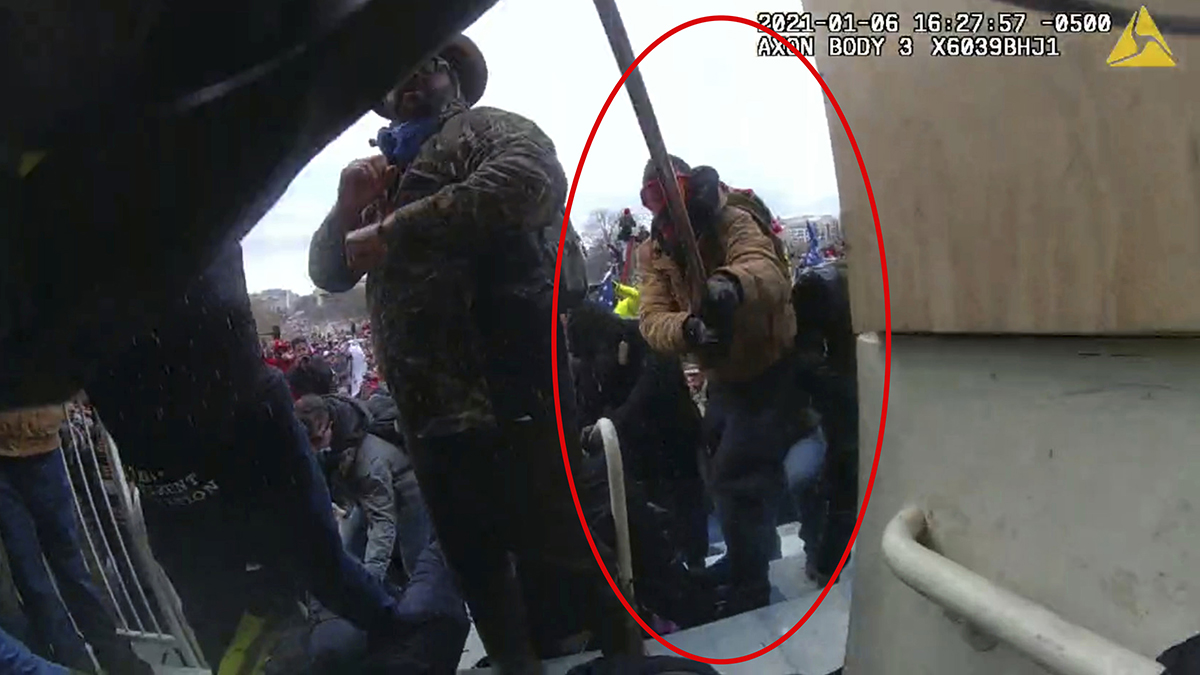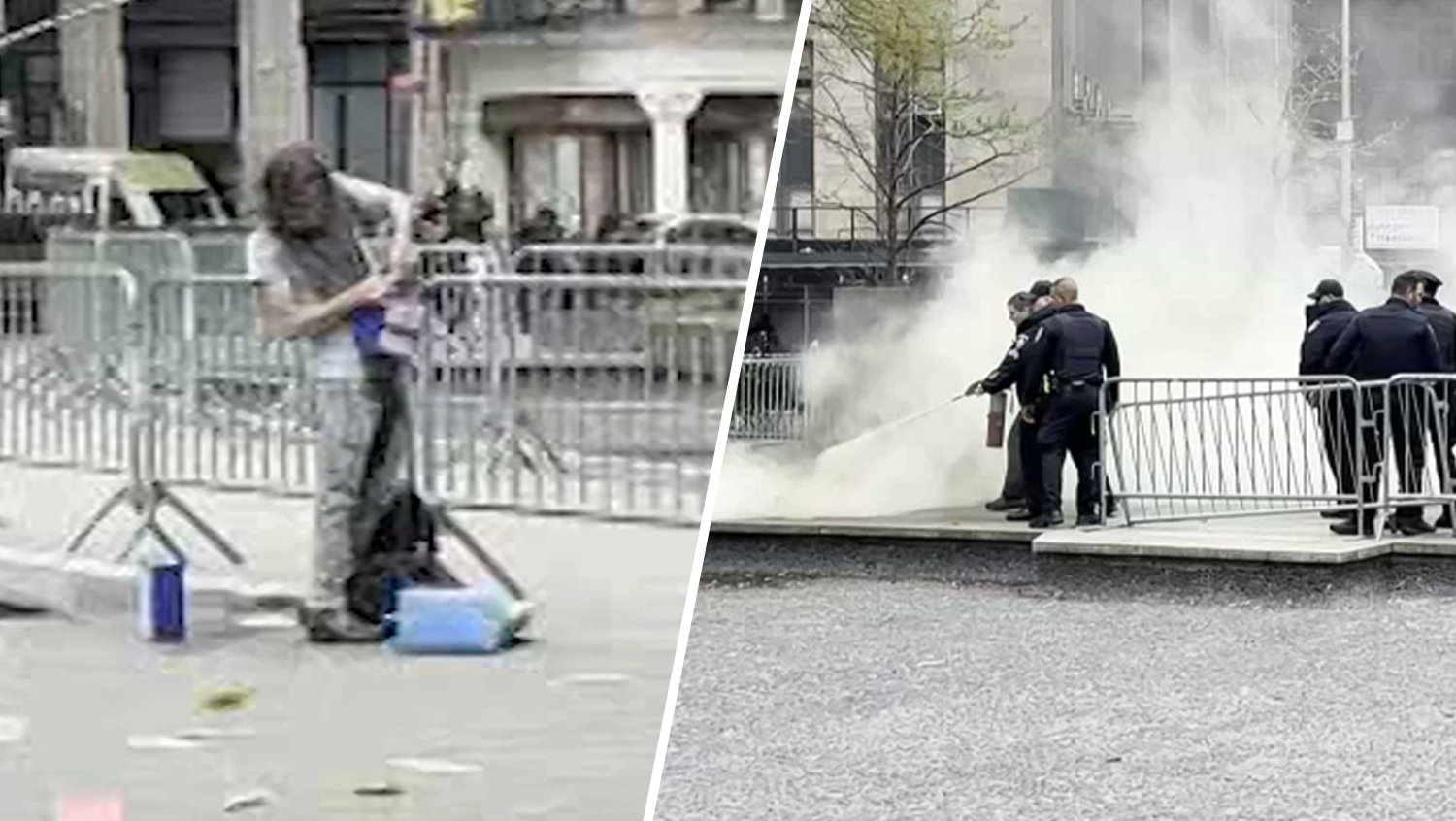Imagine a job with no possibility for promotion unless your boss dies or gets fired. A job that at least one person has quit out of sheer boredom. A job that some people say should be abolished altogether.
You just imagined the Illinois lieutenant governor.
Why, then, are a whopping 13 candidates running for the post this year? For some, the answer is simple: Pat Quinn.
When Rod Blagojevich was impeached and booted from office last year, Quinn became the first Illinois lieutenant governor in more than 30 years to become governor. His ascendancy, candidates said, proves that the lieutenant governor is needed. Political observers say it also proves that promotion is possible.
"It's clear that the lieutenant governor's office has not been a launchpad -- but that doesn't mean it couldn't be," said Mike Lawrence, former director of the Paul Simon Public Policy Institute at Southern Illinois University.
Six Democrats, six Republicans and a Green Party candidate will be on the Feb. 2 primary ballot. Among the hopefuls are five state legislators, a mayor, a county commissioner, businessmen, a lawyer, a union electrician, a school board president and the founder of anti-Blagojevich group, Rod Must Resign.
Most said the job's lackluster reputation isn't deserved, that the post is what you make of it.
Politics
And for the most part they're right. The job's few responsibilities are overseeing the Illinois Main Street program and chairing the Illinois River Coordinating Council, the Governor's Rural Affairs Council and the Illinois delegation of the Great Lakes Commission.
Historically, lieutenant governors supplement those duties with special projects based on their own interests and the needs of the governor. Quinn took on veterans affairs, for instance, and former Lt. Gov. Corinne Wood was known for her work advocating for rural communities.
"Illinois is in such a mess that we should not limit ourselves to just the job description," said Democratic state Sen. Rickey Hendon, one of several candidates who said he'd focus on economic development if elected. State Rep. Arthur Turner, also a Democrat, said he'd focus on volunteerism and youth.
On the Republican side, Dennis Cook, president of an education board in Chicago's southern suburbs, would focus on education, while Carbondale Mayor Brad Cole would set up a citizen advocacy office. State Sen. Matt Murphy hopes to be chief compliance officer for the executive branch.
Of course, most of those goals would be out of the lieutenant governor's control.
"The amount of responsibility that a lieutenant governor exercises depends on his or her relationship with the governor," Lawrence said.
Lieutenant governors and governors run separately in the primary in Illinois but must run together in the general election. That means candidates can end up running alongside people they don't know and may actively dislike.
Quinn, for instance, had no particular connections with Blagojevich when Democratic voters picked the two of them to run together in 2002. They managed to win in the general election, work together for several years and win re-election.
Then Quinn spoke out against a Blagojevich tax proposal and spearheaded an effort to let voters recall undesirable officials. Blagojevich responded by freezing out Quinn and stripping away many of his duties until Blagojevich himself was removed from office.
An unsavory running mate isn't the worst fate a lieutenant governor can face. There's also the ho-humness of the job.
Dave O'Neal, lieutenant governor under Gov. James Thompson, resigned in 1981 because he said he had become bored. Bob Kustra, lieutenant to Gov. Jim Edgar, planned to quit and become a radio talk show host before Edgar fell ill. Kustra stayed a while longer to help the administration but eventually resigned to become president of Eastern Kentucky University.
Some critics call for eliminating the post and letting some other statewide official, like the attorney general, take over if there's a vacancy in the governor's office.
At least one of this year's candidates, Springfield attorney Don Tracy, agrees. "I don't know how you could justify the office," he said last week during a debate.
Murphy said he, too, is willing to consider getting rid of the office he's running for.
Even the state constitution seems to take a dim view of the job. It doesn't provide any way of filling a vacancy in the lieutenant governor's office, which is why no one has replaced Quinn. None of the state's other executive offices get that kind of neglect under the constitution.
All of that aside, Lawrence said the office is attractive this year because of a lack of better options. With strong incumbents and challengers in so many statewide races, including governor, secretary of state and attorney general, the pickings were slim for politicians looking to move up in the state.
Still, candidates insist they want the job because it's so much more vital-- and vibrant -- than it seems.
"If you show up every day committed to getting the job done and helping people, there's plenty of work to do," Cole said. "If you show up to work every day waiting for the governor to have a heart attack or for the U.S. attorney to call, that's a different story."



